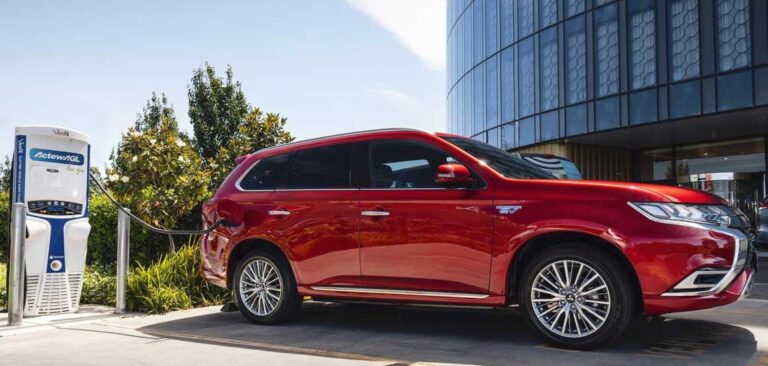A study from Sweden’s Chalmers University of Technology shows that PHEVs with a range of about 56km have an important role to play in the move toward carbon reduction in transportation, and can in fact cover the same number of kilometers under electric power as short-range, fully electric cars.
“In comparing a number of multicar households, we can see that households that own a fossil-fuel vehicle and a PHEV can drive as many purely electric kilometers as a household owning a fossil fuel vehicle and a fully electric one,” said Ahmet Mandev, doctoral student at the Department of Space, Earth and Environment at Chalmers, whose doctoral studies were supervised by associate professor Frances Sprei.
Many questions remain regarding optimal usage of such vehicles, some of which Mandev aimed to answer. “There are different views on PHEVs’ role in electrifying personal transport. It is vital to learn as much as we can about their electrical potential, to determine which policy instruments – laws, regulations and subsidies – can be most effective for such vehicles,” he explained.
In the first of the studies included in his licentiate thesis, The Role of Plug-in Hybrid Electric Vehicles in Electrifying Personal Transport – Analysis of Empirical Data from North America, he processed and analyzed one year of driving data for 71 households in California using either the fully electric Nissan Leaf or different PHEV models with various ranges.
“It is easy enough to see the breakdown of the kilometers between electric and fossil fuel operation. But the unique thing about this study is that we looked at the household level – mapping all the vehicles in different multicar households. We saw how many kilometers a household traveled using electric power and compared that between households that own a fully electric car, or a PHEV, alongside a conventional vehicle,” he explained.
The study showed that households with a fully electric car and a conventional car drove on average 45% of their total kilometers on electricity, while the households owning a long-range PHEV and a conventional car, reached 46% electric operation on average. This is despite the fact that the range for the vehicles at full electric operation was 130km for the fully electric car and just under half that for the plug-in hybrid – 56km.
The reason that the PHEV performs better, said Mandev, is that despite the considerably shorter range, they are used more often for longer journeys.
“That means that at least some of the distance of those trips is driven using electricity,” added Sprei. “The figures also reveal that the PHEVs are more often used at the same time as the fossil vehicle, by another member of the household. All in all, this shows that plug-in hybrid vehicles have an important role to play when it comes to electrification of personal transport.”
In addition to these findings, Mandev noted that after processing the data of four million driving days of the plug-in hybrid Chevrolet Volt, collected over a 10-year period, charging needs to be conducted in such a way as to maximize the share of electric driving, while minimizing fuel consumption and emissions.
The most positive results come from fully charging a car every night. “If you decrease from fully charging your car every night, to 9 out of 10 nights, emissions triple – from 1.7kg of carbon dioxide to 5.7kg per 100km of driving. Fuel consumption increases in a similar way, from 0.7 liters for 100km to 2.5 liters. These are still low emissions and low levels of fuel consumption, but it is a big difference for such a small change in behavior,” Mandev explained.
The PHEVs in the study achieved a high of 76% electric power usage, provided that they were fully charged once every 24 hours. Mandev and Sprei pointed out that supplementary charging during the day also gives positive effects, but full charging every night is the best option.
The full report can be read here: Plug-in hybrid vehicles have an important role to play for electrification of personal transport


